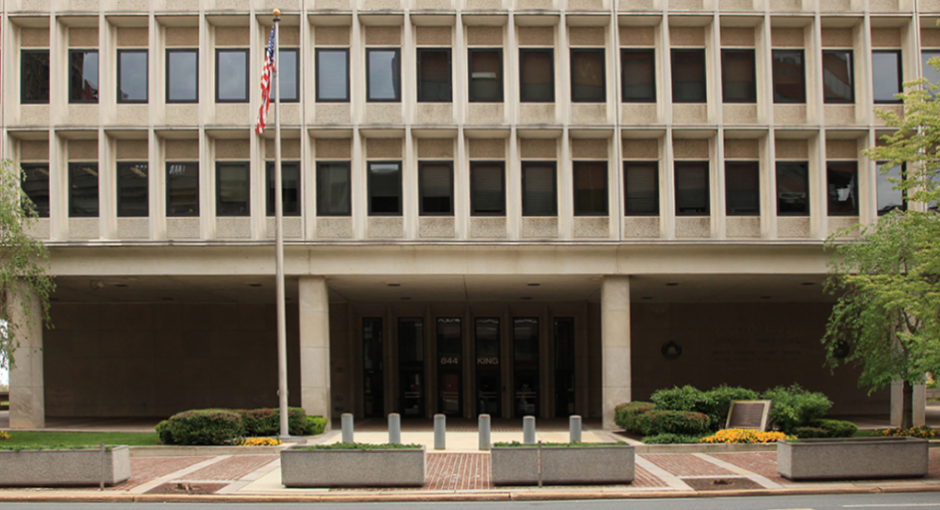Drug manufacturer’s AstraZeneca and the federal government continue to joust in court as they await a crucial decision in the company’s 340B contract pharmacy lawsuit.
The two sides on Friday filed a joint status report in Astra’s lawsuit to invalidate and set aside the government’s May 17 finding that the company’s denials of 340B pricing when contract pharmacies are involved result in overcharges and violate the 340B statute. Astra and the government both have asked U.S. District Judge Leonard Stark of the District of Delaware to expedite his decision.
The status report to Stark is devoted mainly to other federal courts’ recent decisions involving Sanofi and Novo Nordisk’s 340B contract pharmacy policies in one case and Novartis and United Therapeutics’ policies in the other. Earlier this month, Astra and the government filed papers in their case disagreeing over how Stark should apply the Oct. 29 court ruling in Eli Lilly’s contract pharmacy lawsuit.
In her Nov. 5 joint ruling in Sanofi and Novo Nordisk’s cases, U.S. District Judge Freda Wolfson of the District of New Jersey upheld the government’s findings that the companies cannot unilaterally impose restrictions on offers of 340B pricing to covered entities and that their policies must cease. Wolfson however vacated and set aside those findings and told the government to reassess “whether it must treat every covered entity the same under the statute with respect to the permissible number of contract pharmacy arrangements.”
Also on Nov. 5, U.S. District Judge Dabney Friedrich of the District of Columbia ruled in Novartis and United Therapeutics’ cases that while the 340B statute does not prohibit manufacturers from imposing conditions on 340B pricing, the law does not permit all such conditions. Friedrich vacated and set aside the government’s findings against the companies but declined to declare the companies’ policies legal. Any future enforcement action, she said, must rest “on a new statutory provision, a new legislative rule, or a well-developed legal theory that Section 340B precludes the specific conditions at issue here.”
In its half of the joint status report to Judge Stark, Astra said he should follow Friedrich’s “well-reasoned analysis.”
“Manufacturers are private entities that may freely engage in commercial activity—including setting market prices for their products—so long as their actions are not prohibited by law,” Astra said. “Absent such a statutory requirement, there can be no basis for HRSA to accuse manufacturers” of violating the 340B statute.
The government said in its half of the status report that it “respectfully disagrees” with Friedrich’s decision that the statute does not prohibit manufacturers from attaching conditions on sales through contract pharmacies. It complimented Wolfson’s “well-reasoned” rejection of Sanofi and Novo Nordisk’s request that she stop the U.S. Health Resources and Services Administration (HRSA) from requiring any contract pharmacy arrangements.
The government said Wolfson’s decision to send the matter back to HRSA to determine if there is a ceiling on how many contract pharmacies an entity can have “in no way undermines” her holding that Sanofi and Novo Nordisk cannot impose restrictions on their sales to 340B covered entities.


